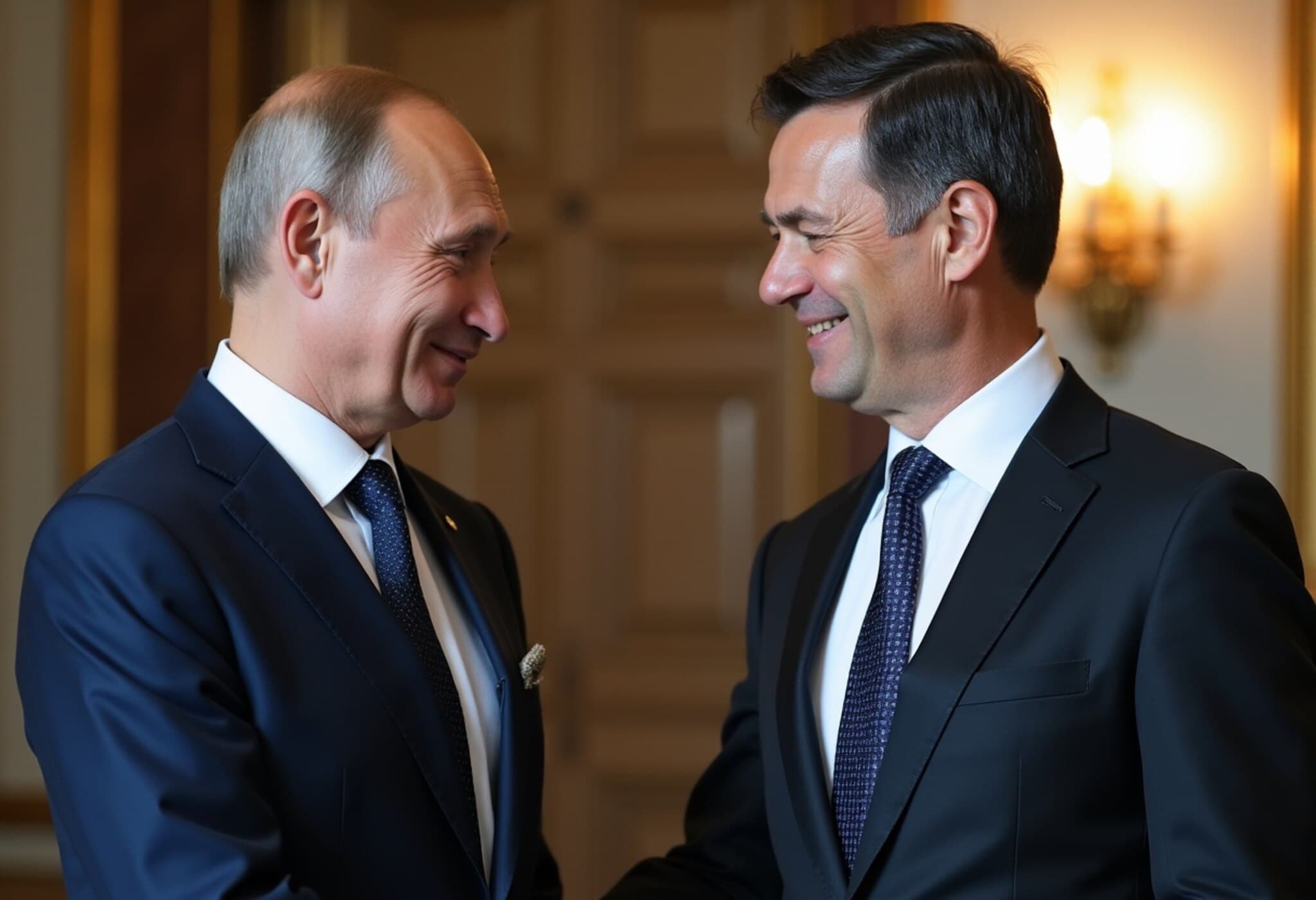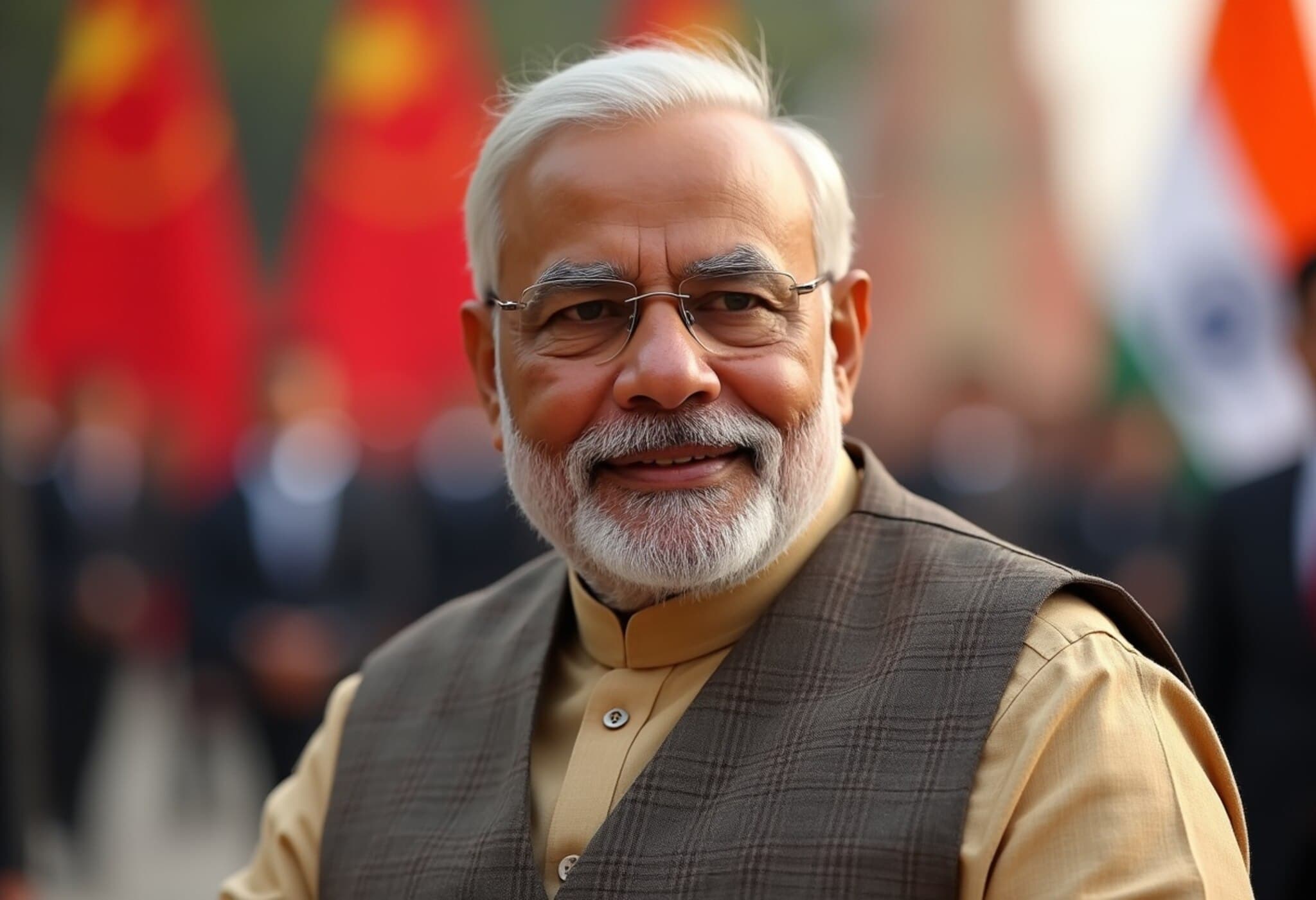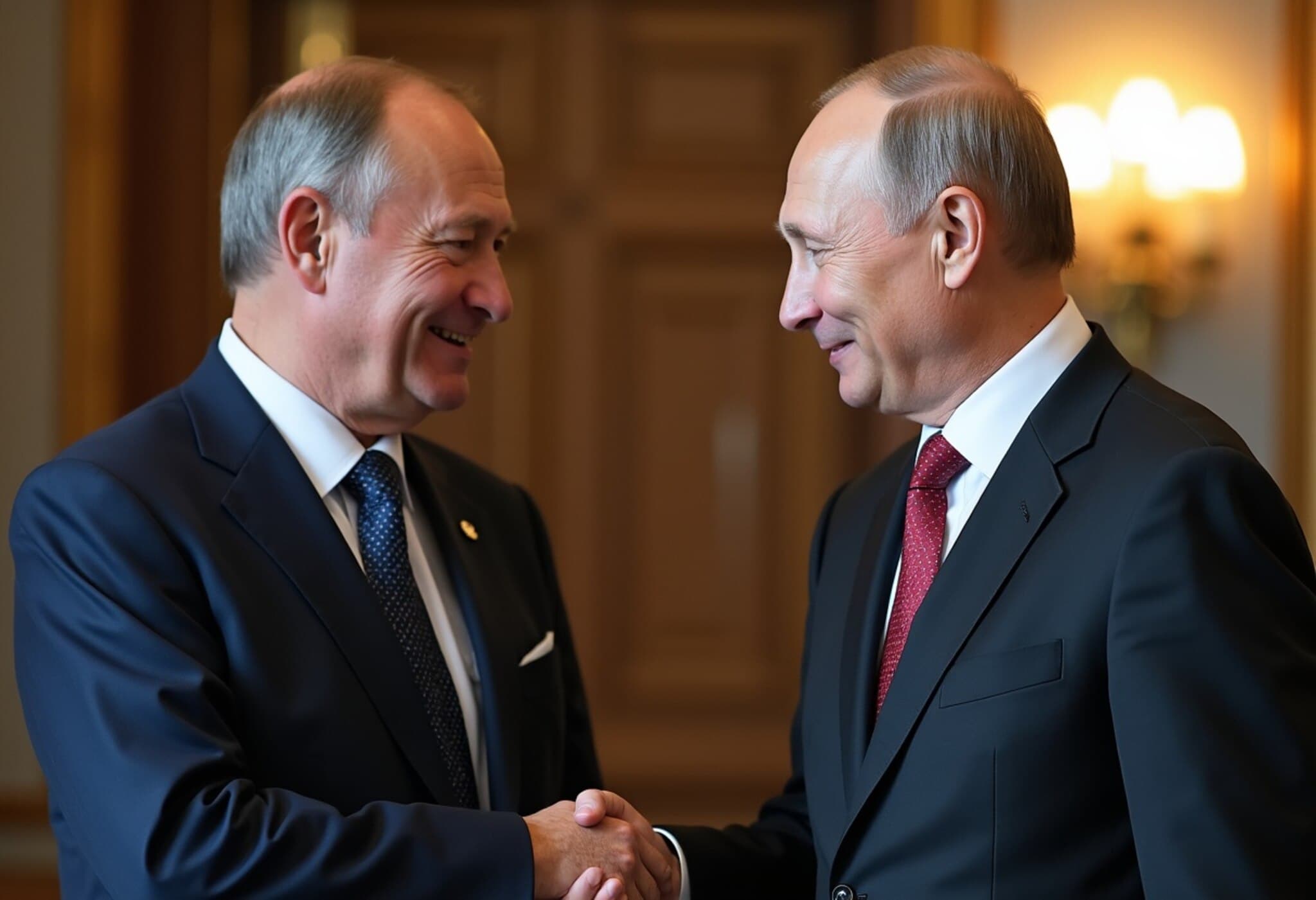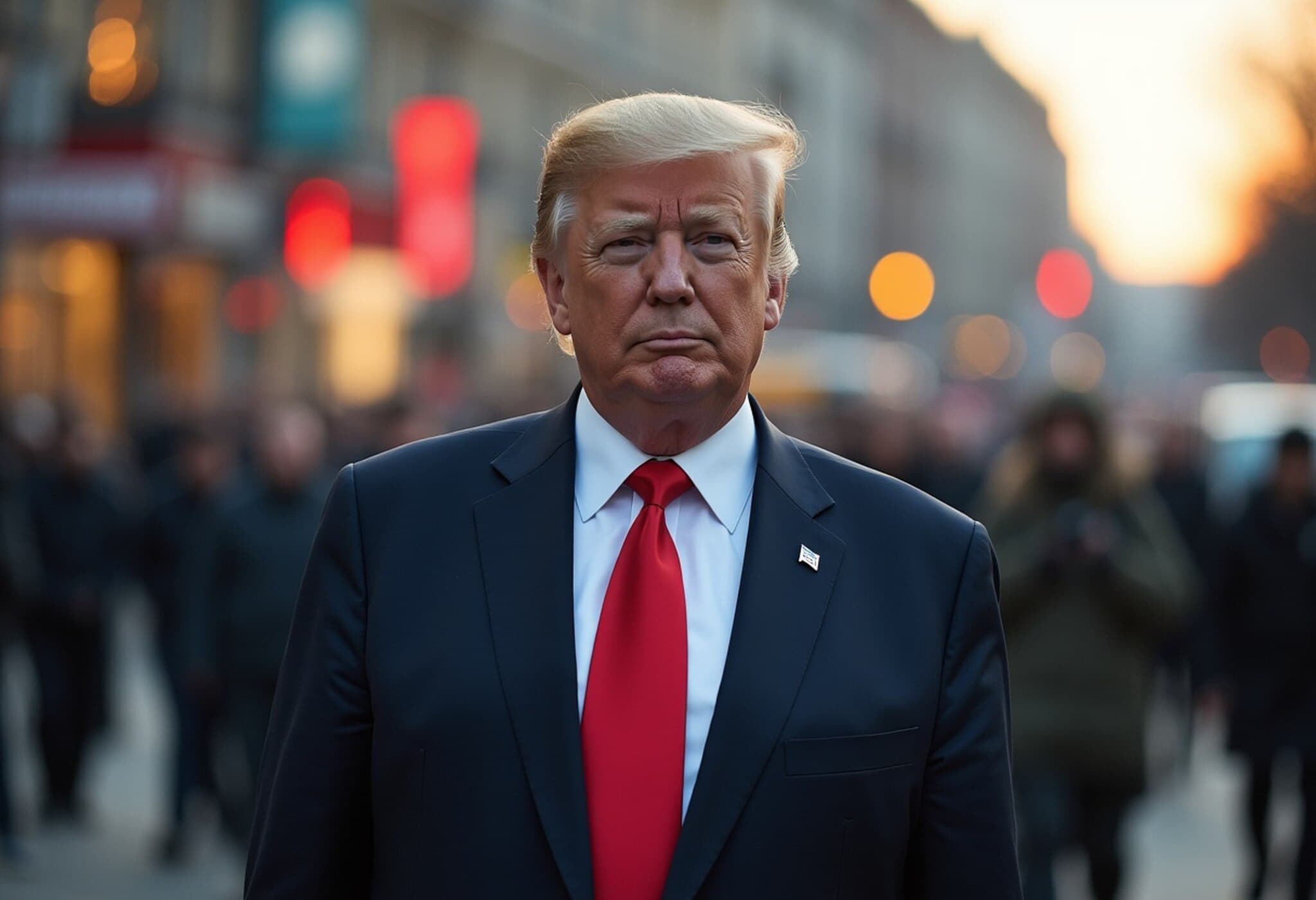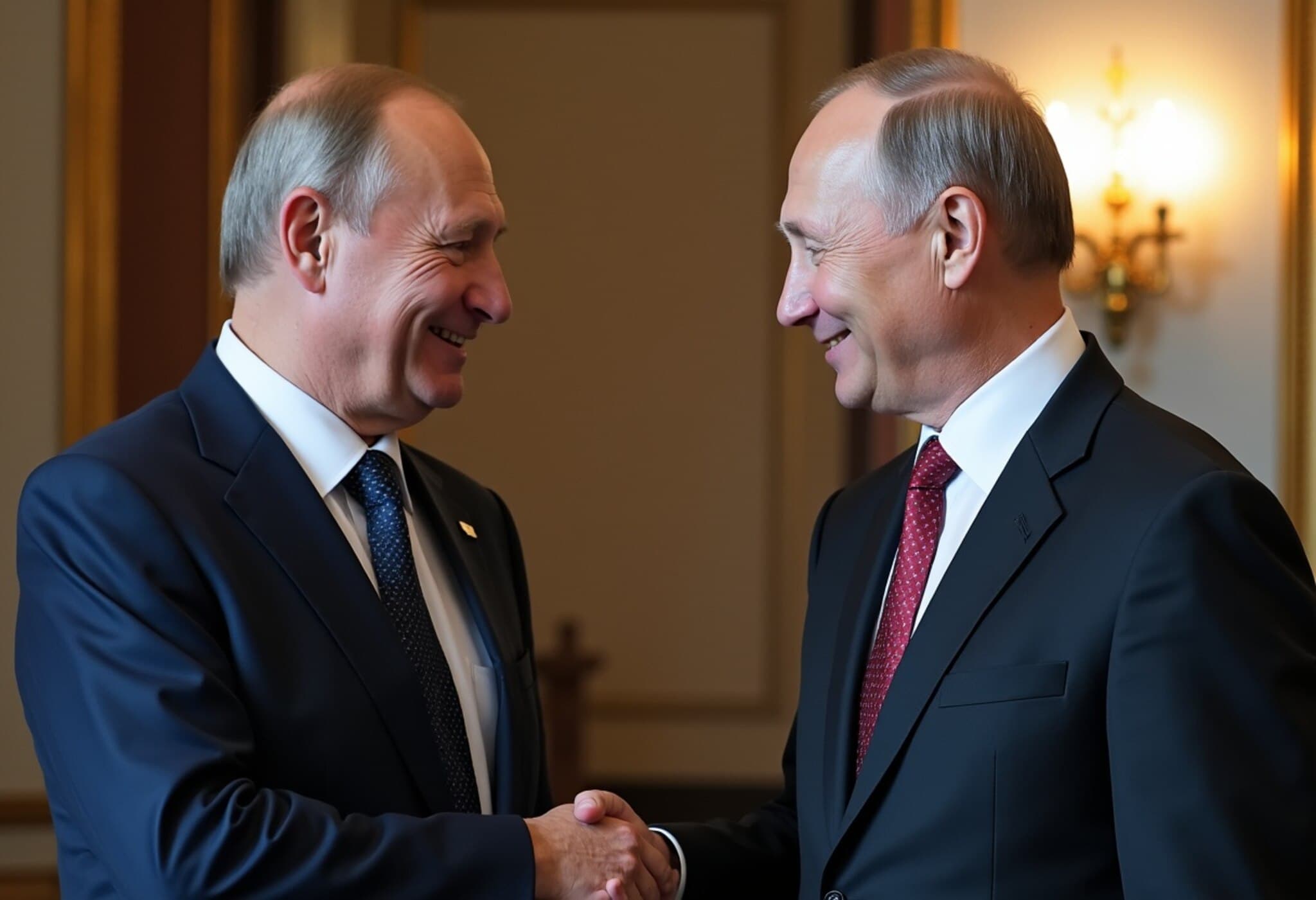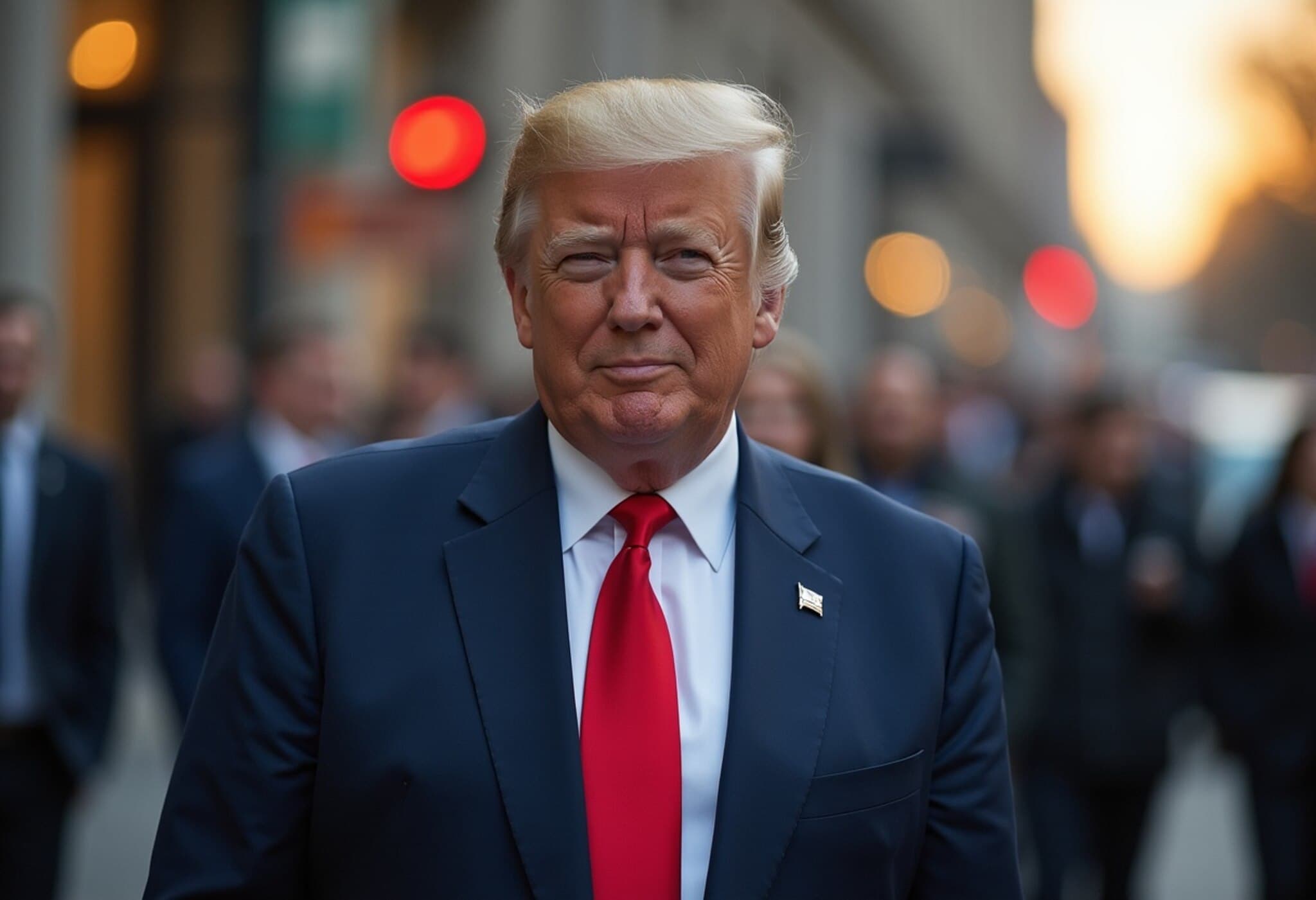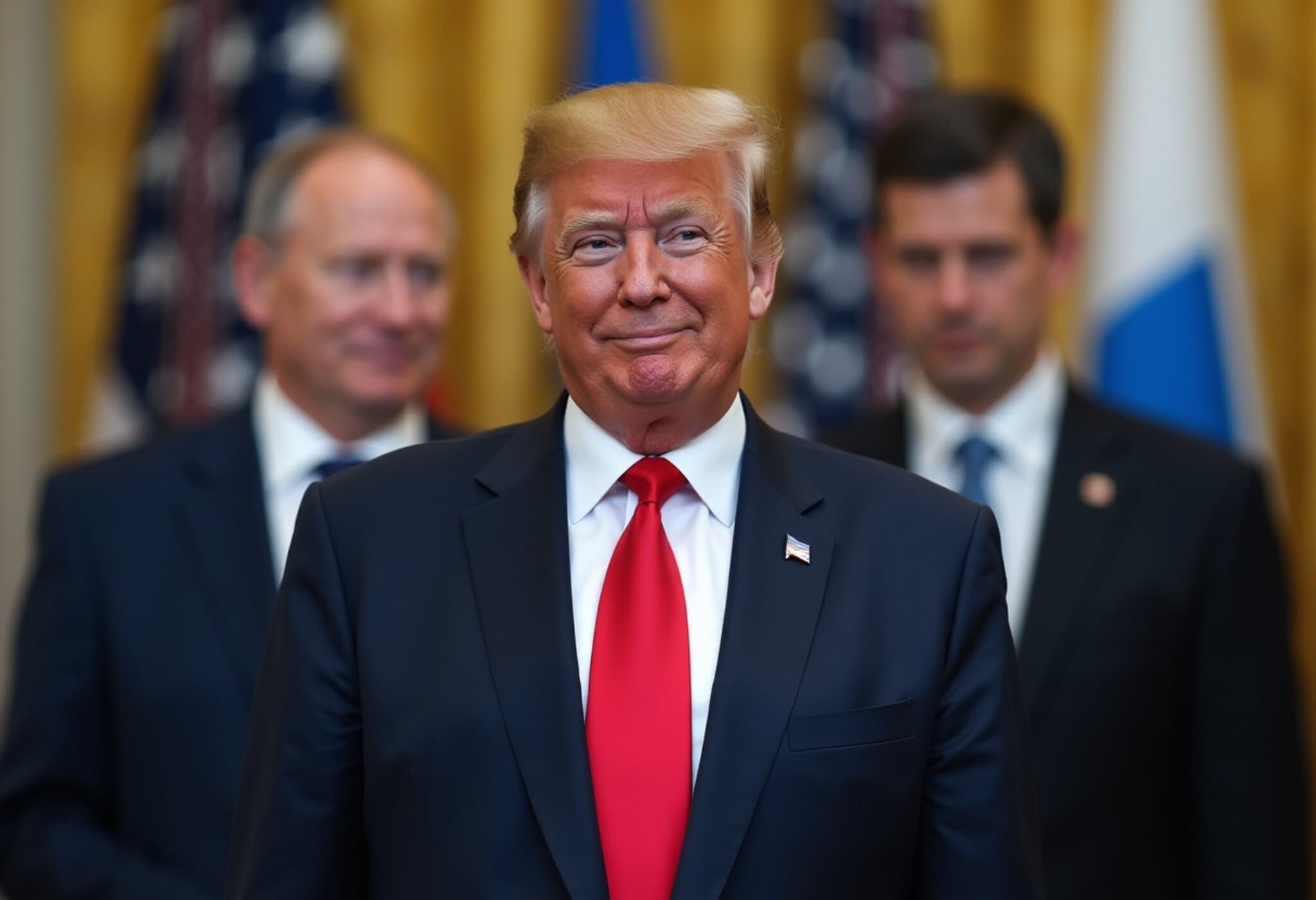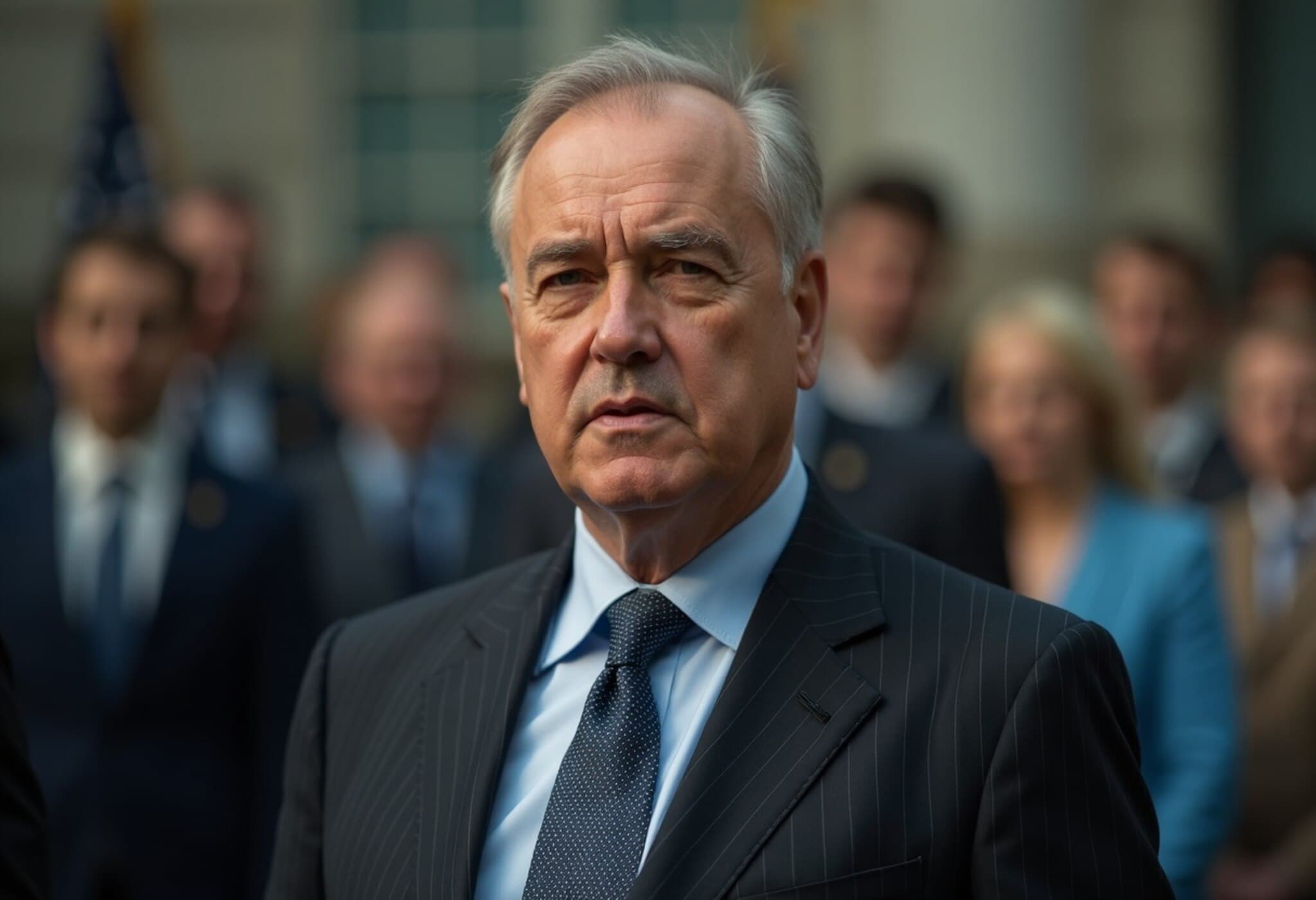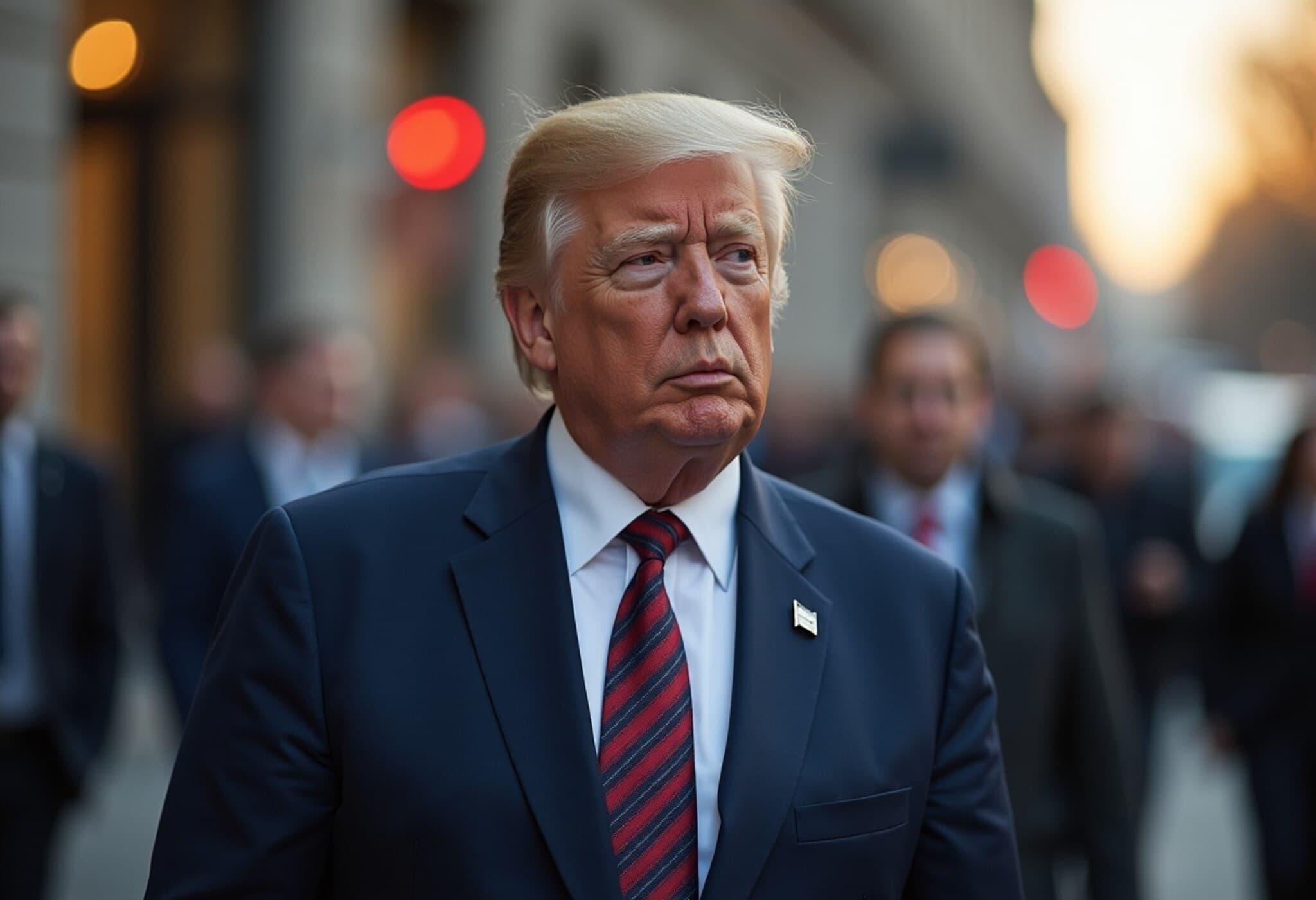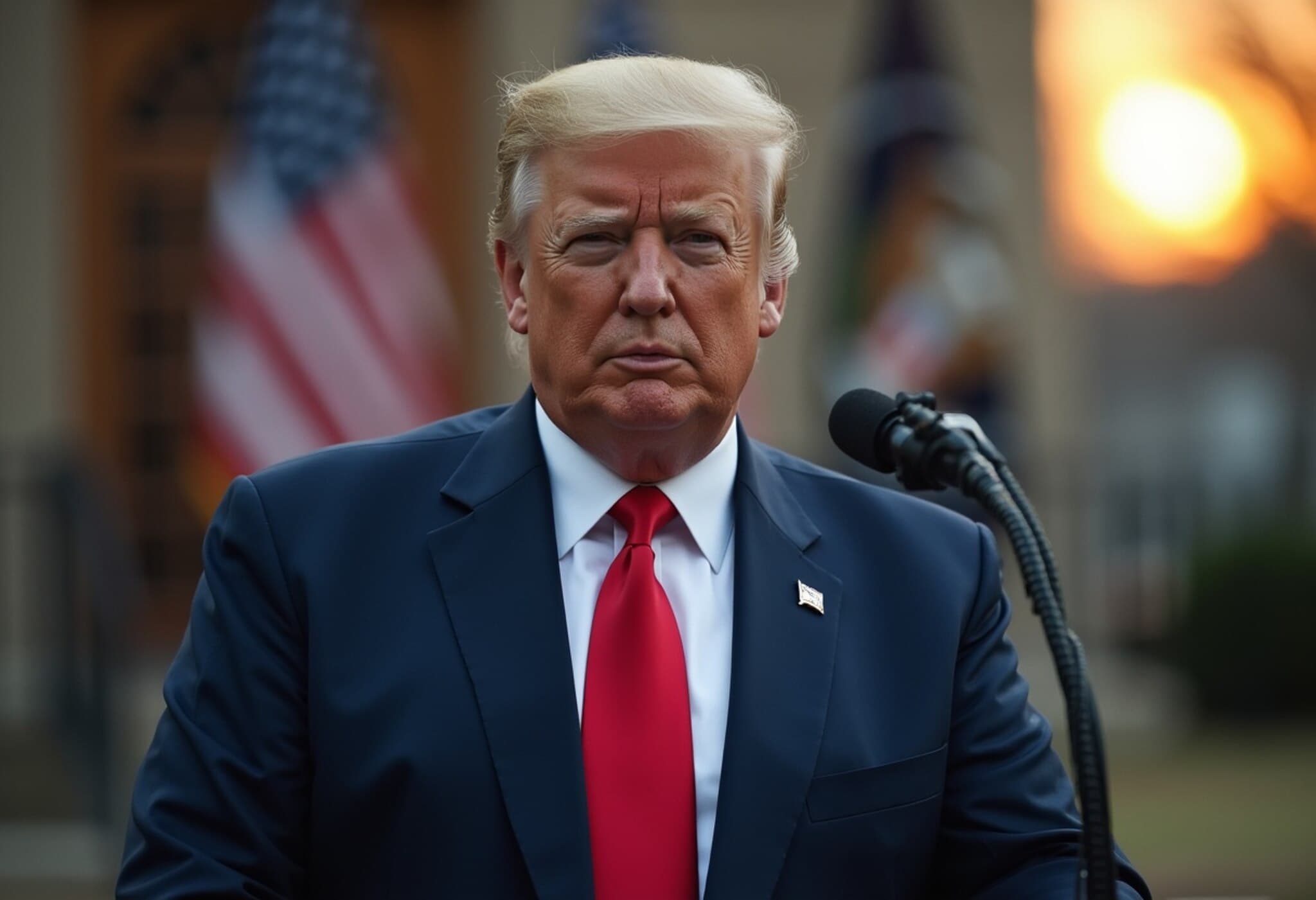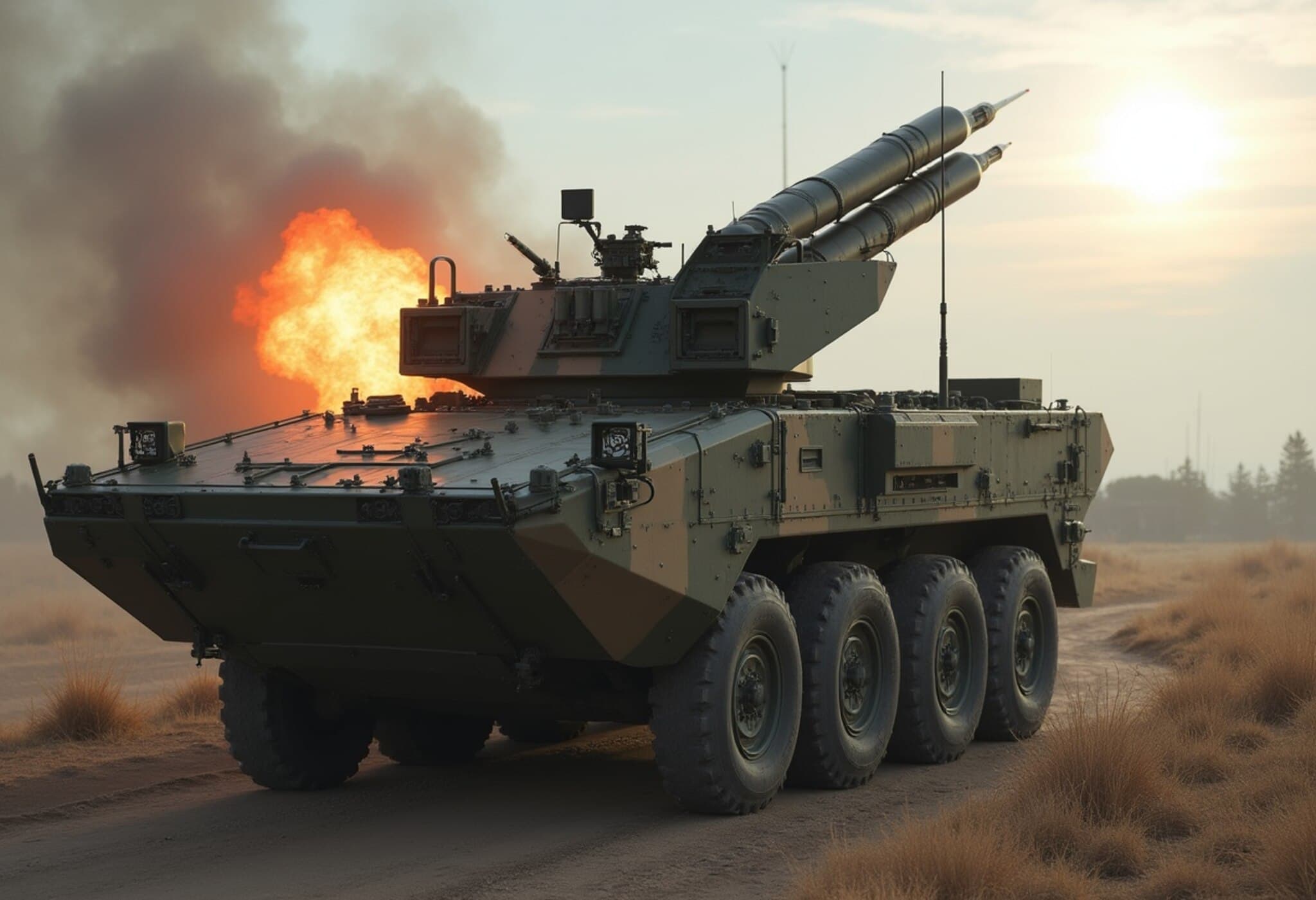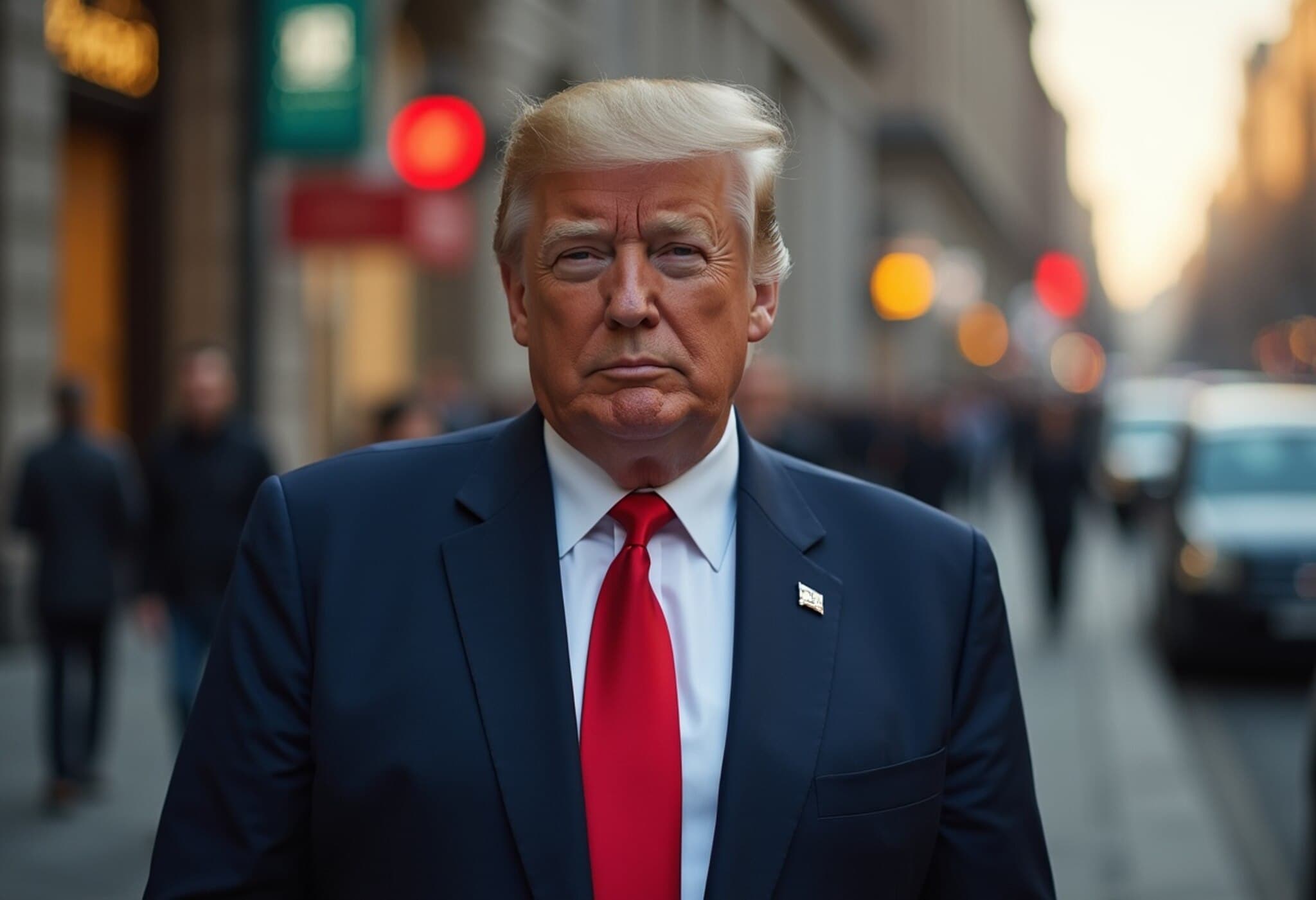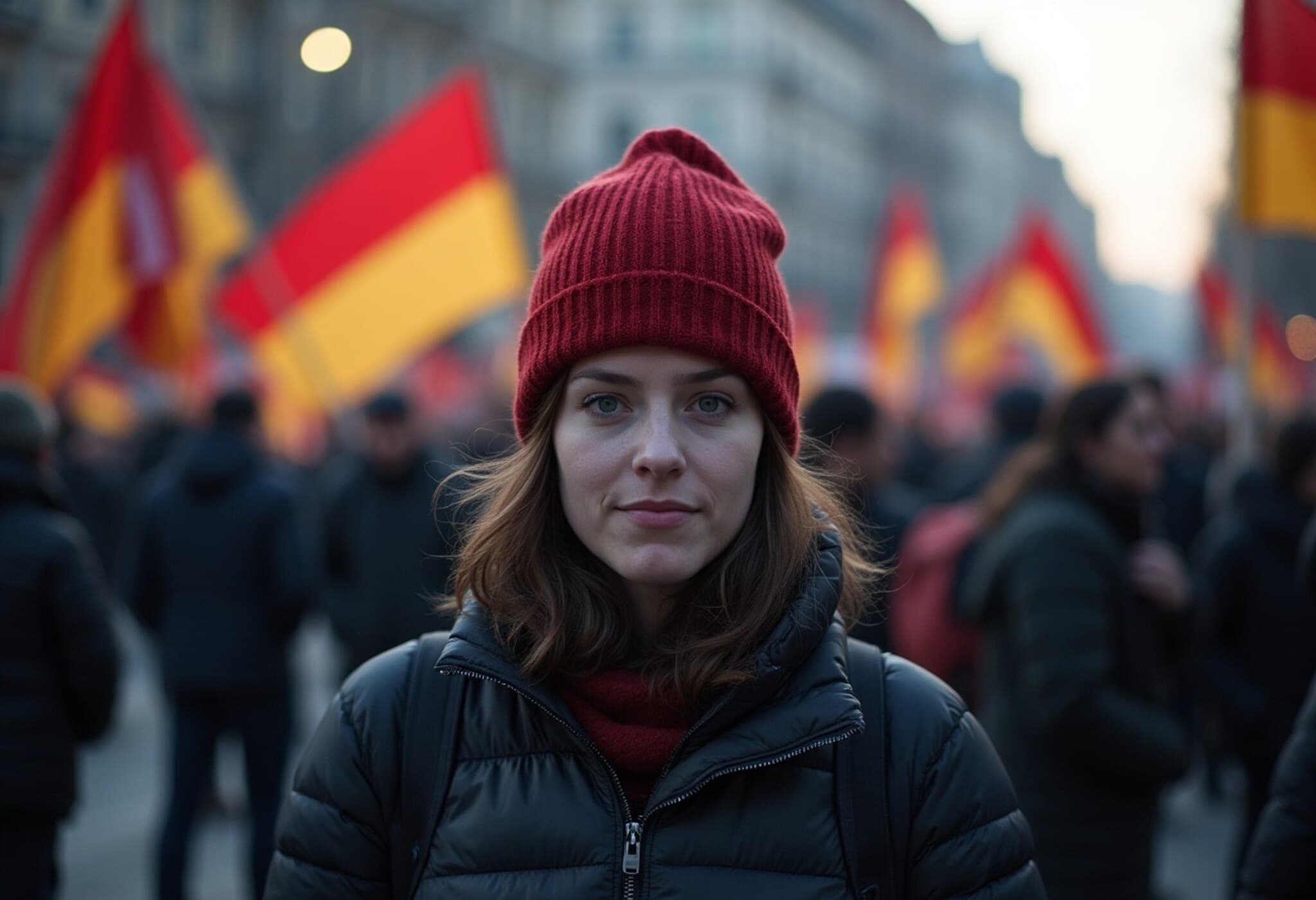Putin’s Peace Summit Proposal Rejected by Zelenskyy Amid Ongoing Conflict
In a revealing development amidst the ongoing war in Ukraine, Russian President Vladimir Putin recently suggested holding a peace summit in Moscow with Ukrainian President Volodymyr Zelenskyy. This proposal surfaced during a phone call between Putin and former US President Donald Trump, according to three sources familiar with the discussion.
The Diplomatic Context: High-Stakes Backdrop in Washington
This phone call took place against the backdrop of intensive, multilateral diplomacy in Washington, D.C. Leaders from Germany, France, Finland, Italy, and the United Kingdom gathered at the White House in support of Ukraine’s resistance against Russia’s invasion, now in its fourth year. The talks underscored the international community’s urgent search for pathways to peace following massive human costs – with tens of thousands killed and millions displaced.
During this critical diplomatic dance, Putin proposed Moscow as a venue for the peace talks. However, Zelenskyy reportedly declined the invitation, signaling reluctance to engage under conditions favoring Russia or perceived as a strategic advantage for Moscow. A diplomatic source close to the Washington discussions shared that European leaders expressed concerns, labeling Putin’s proposal as unwise or tactical maneuvering.
Zelenskyy’s Position: Cautious but Willing to Engage
Despite rejecting the Moscow suggestion, President Zelenskyy has publicly maintained a readiness to negotiate directly with Putin. In recent weeks, he has reiterated willingness for face-to-face talks, emphasizing Ukraine’s strong desire to end the war peacefully but on terms respecting Ukrainian sovereignty.
Former President Trump also highlighted the importance of a direct meeting between the Kremlin and Kyiv, describing it as the next logical step toward ending hostilities.
Russian Perspectives: Ambiguity and Formalities
On the Russian side, Kremlin aide Yuri Ushakov confirmed Putin’s openness to direct talks, albeit framed cautiously as merely an “idea.” Russian Foreign Minister Sergei Lavrov further tempered expectations by asserting that any meeting would require "very thorough" preparations.
International Legal Complexities: Switzerland’s Offer and ICC Implications
Adding nuance to the situation, Switzerland has reportedly offered to grant Putin immunity if he travels to the country for peace negotiations, potentially circumventing the International Criminal Court’s arrest warrant against the Russian leader. This highlights the complex interplay between diplomatic pragmatism and international justice, raising critical questions about accountability versus peace efforts.
Broader Implications for Global Diplomacy
Last week, Trump’s meeting with Putin in Alaska marked a departure from previous Western policies that sought to isolate Moscow. Although no peace guarantees emerged from that encounter, it reflects shifting geopolitical calculations and the enduring challenges of resolving one of the 21st century’s most devastating conflicts.
What Lies Ahead?
- The potential for direct Putin-Zelenskyy talks remains uncertain; trust deficits and power dynamics complicate dialogue.
- International stakeholders continue balancing support for Ukraine and diplomatic avenues; unity among Western allies will be critical.
- Legal considerations, such as ICC warrants, impose additional hurdles for peace talks; novel solutions like Switzerland’s offer signal pragmatic attempts at bridging divides.
Editor’s Note
The refusal by Ukraine to hold peace talks in Moscow underlines deep-seated mistrust and unresolved issues at the heart of this conflict. While diplomatic overtures signal a glimmer of hope, the path to peace is fraught with geopolitical complexities, legal challenges, and profound human costs. As the world watches closely, the question remains whether genuine, equitable dialogue can reshape a conflict that has reshaped global security paradigms.

